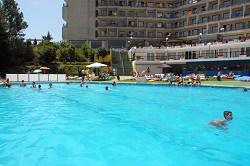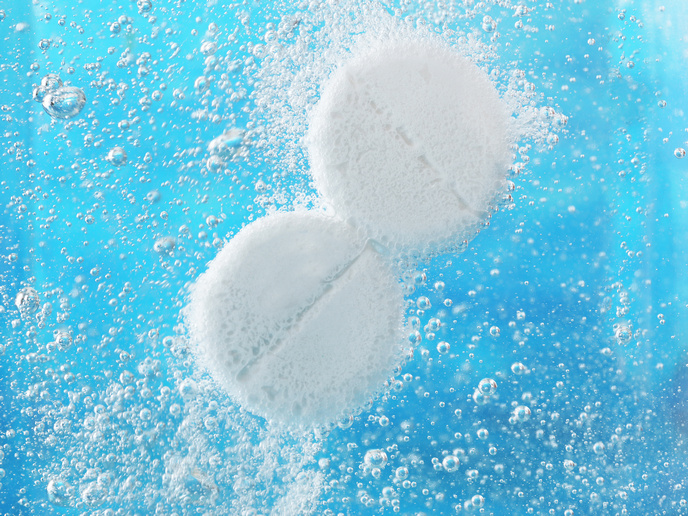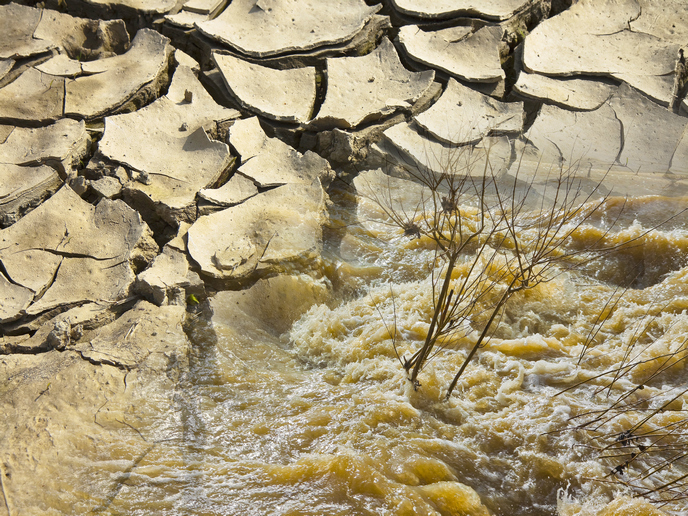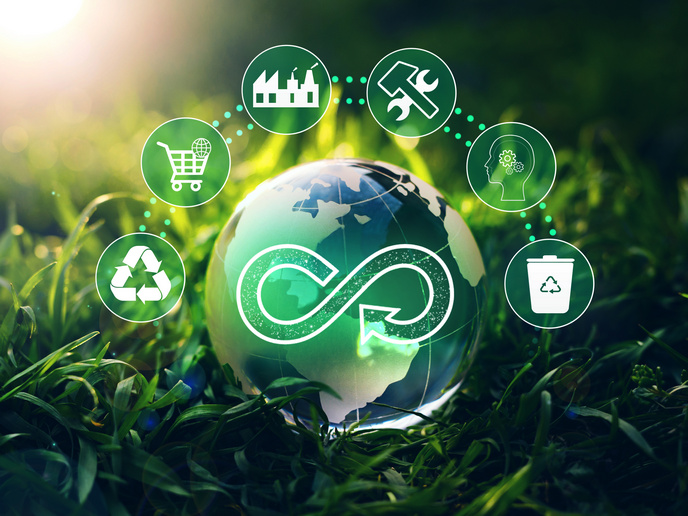Combining technologies helps hotels to save water
EU-funded scientists and SMEs have shown how hotels in the Mediterranean region can use less water by combining innovative technologies to treat and reuse their own wastewater. The DEMEAUMED(opens in new window) (Demonstrating integrated innovative technologies for an optimal and safe closed water cycle in Mediterranean tourist facilities) project which ended recently had two aims: ‘how to tackle water scarcity in the Mediterranean area, but also how to foster the tourism economy and take it in the direction of sustainability,’ says Gianluigi Buttiglieri, DEMEAUMED’s scientific manager and research scientist at the Catalan Institute for Water Research (ICRA) in Girona, Spain. Tourism is a thirsty industry, with academics estimating that a tourist uses an average of 300 litres of water per day, almost double the 160 litres typically used by a domestic consumer. Greywater (less contaminated water from showers, sinks and washing machines) and wastewater, from toilets, produced by hotels typically go straight into the sewerage system. ‘What we wanted to do is to treat the contaminated water onsite and reuse as much of it as possible within the hotel itself,’ says Dr Buttiglieri. Demonstration site The team first collected information from 6 000 hotels in the region to get an accurate picture of their water cycle. This included the Hotel Samba, a 441-room, three-star hotel in Lloret de Mar, in north-eastern Spain and the site chosen for the DEMEAUMED demonstration. They combined eight technologies from project partners to treat the greywater and wastewater produced by the Hotel Samba over several months, as well as disinfecting pool water, and monitored the results. In the greywater treatment line, for example, SmartAir, MBR, vertECO and SPEF performed beyond expectations in terms of output water quality, operating robustness and dealing with micropollutants, according to Dr Buttiglieri. Another technology, Plimmer, proved cost-effective for further treating greywater. Combined in a single treatment line, these technologies were able to remove 95 %, 97 %, 89 % and 71 % of conductivity, suspended solids, organic content and nitrogen as well as several pharmaceutical-active and endocrine-disrupting compounds. Closer to market For the SME partners involved, the project provided a chance not only to test their technologies in a real-life installation, but also to bring them closer to market-readiness. One such example was vertECO, a vertical eco-system developed by Alchemia-Nova of Austria, which uses plants to remove pollutants from water without the use of chemicals. At the start of the project this system was still in the lab, ‘but now they are in contact with a lot of hotels in Spain and other parts of Europe,’ says Dr Buttiglieri. Together with partners Wapure International GmbH and Radke Biotechnik, Alchemia-Nova has set up a joint venture to market their technologies and services in several European countries. Meanwhile, ICRA has produced a decision support tool which allows hotel managers and water treatment technology companies to see which system would work best for any given scenario. This should also help encourage market uptake of the project’s technologies. Using a combination of the DEMEAUMED technologies means a hotel could save up to 30–50 % of tap water, Dr Buttiglieri says, but, due to technical reasons and also EU-wide restrictions on reusing certain types of water, closing the water cycle completely at the Hotel Samba was not possible. Changes in EU law which could allow this are imminent and the DEMEAUMED team have used their real-life experiences to produce a detailed policy briefing with recommendations for the new legislation.







